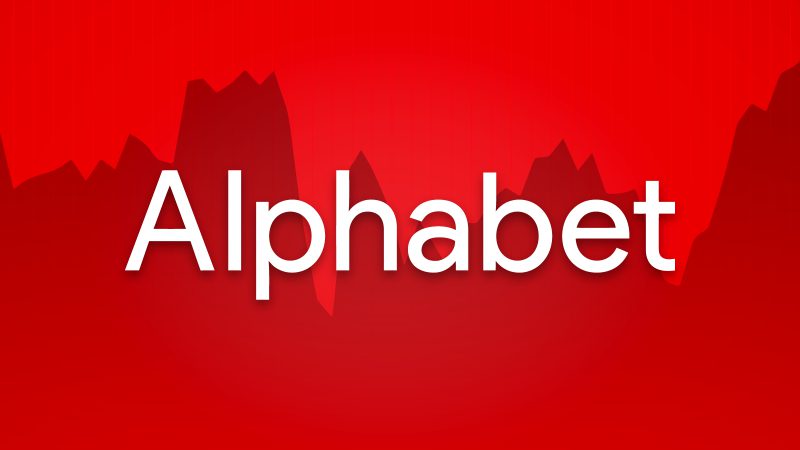Wednesday trading saw Alphabet Stock (GOOG) fall as much as 1.7% in a rather surprising development. The company had seen its stock fall to a daily low of $161.12 before ending the day trading above the $162 mark. Additionally, the session volume fell a notable 64% from its average and closed far lower than its $165.70 mark a day earlier.
The situation has seen a plethora of research firms update their stance on the stock price. Several, including TD Cowen and UBS, have altered their target price for GOOG. Moreover, Cantor Fitzgerald and Wolfe Research have announced shifts in their ratings in research notes issued this week. Altogether, the stock looks to be inciting a host of different reactions.


Also Read: Alphabet Inc. US Stock: Target $201: Should You Invest In Google?
Alphabet Stock Falls 1.7%: Why GOOG Ended Wednesday at $162
There are few stocks as notable as Alphabet. With a market cap of $2 trillion and a price-earnings ratio of 24.98, it is among the most prominent investment options in the world. The company has a quick ratio and current ratio of 2.08 as well as a debt-to-equity ratio of 0.04. Currently, it is navigating a 50-day moving average of $163.27 and a 200-day moving average of more than $169.
The company had last made public its quarter earnings in late July. Then, they unveiled a $1.89 earnings per share metric. That had arrived above consensus, while it also displayed a return on equity of 30.49%. The company also announced a year-over-year revenue increase of 13.6%, with $8474 billion in revenue last quarter. That was also above expectations.


Also Read: EU Slams Alphabet, Amazon, Meta, Apple & More as ‘Gatekeepers’
Yet, those factors didn’t stop Alphabet stock (GOOG) from falling 1.7% Wednesday. The movement inspired some notable ratings changes. UBS had dropped its target price for the stock. Specifically, it fell from $204 to $187. Moreover, Oppenheimer followed suit, instituting a drop from $210 to $185.
However, some firms took the opposite approach. TD Cowen announced an increased target price. Indeed, they upped the stock value from $200 to $220 while issuing a ‘buy’ rating for the stock. Moreover, Cantor Fitzgerald announced their upgrade to a ‘Hold’ rating in a September research note.





